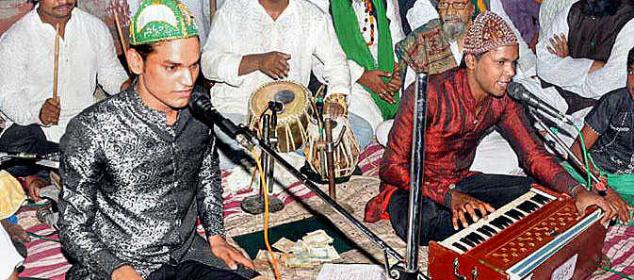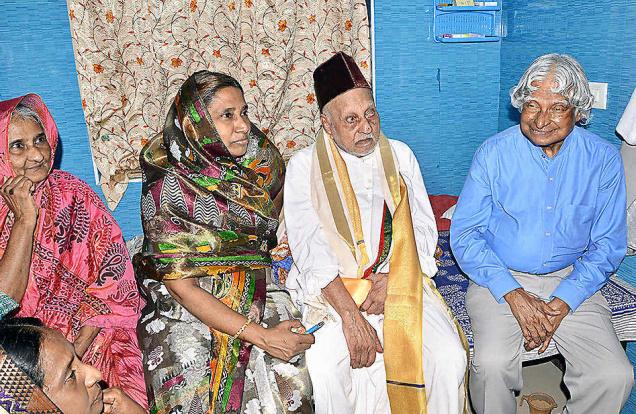Bareilly :
The Bareilly Municipal Corporation is all set to light up the memorial of 257 freedom fighters who laid down their lives during the country’s first war of independence in 1857.
The tower built in their memory is situated in the compound housing the office of divisional commissioner.
Though the memorial was built in 2006, there are no lights at the venue, plunging the place into darkness after evening hours.
The municipal authorities will install high mast lights around the memorial so that the venue is well lit and easily visible to commuters on the road running in front of the park during late evening hours.
After divisional commissioner Pradyuman Yadav took over as Bareilly commissioner, he asked municipal authorities to light up the park where the memorial is situated
“It was disappointing to learn that the tower built in the memory of 257 freedom fighters is lying in darkness. A majority of the locals are unaware about the importance and historical significance of this place,” said Sheeldhar Yadav, municipal commissioner.
Teams of municipal corporation visited the park where the memorial tower is situated on Sunday to survey the area. “We will install white or cream-colour high mast lights around the memorial so that it is able to grab the attraction of commuters moving on the opposite side of roads,” said the commissioner, adding that the work will be completed in the next 10 days.
Explaining the significance of this memorial, Yadav said these 257 freedom fighters were hanged to death on the branches of the banyan tree situated next to tower. During the first revolt of Independence against the British, Bareilly was the headquarter of Rohilkhand region, which included districts of Bareilly, Moradabad, Badaun, Pilibhit, Bijnor, Rampur and Shahjahanpur. On May 31, 1857, the freedom fighters killed British officials, including the principal of Bareilly College, during the revolt.
After their victory, the freedom fighters had made Khan Bahadur Khan, who was the grandson of Hafiz Rehmat Khan, the ruler of Rohilkhand region. Khan formed his own government and ruled the region till May 5, 1858. However, on the morning of May 5, the army of British forces gheraoed the city from all four corners. The British forces defeated the freedom fighters the next day by bombarding the city.
“Khan, along with his trustworthy 257 sepoys, fled to Nepal but British forces, with the help of Nepalese, captured them,” said Abhay Singh, associate professor, department of ancient history and culture at Mahatma Jyotiba Phule (MJP) Rohilkhand University.
On March 25, 1860, Khan was sentenced in the district jail of Bareilly, but 257 freedom fighters, who fought with him, were hanged to death with rope on the branches of the banyan tree in the presence of locals. The state government had constructed the tower next to the banyan tree in 2006 in memory of these freedom fighters.
source: http://www.timesofindia.indiatimes.com / The Times of India / Home> City> Bareilly / by Priyangi Agarwal, TNN / February 16th, 2015















